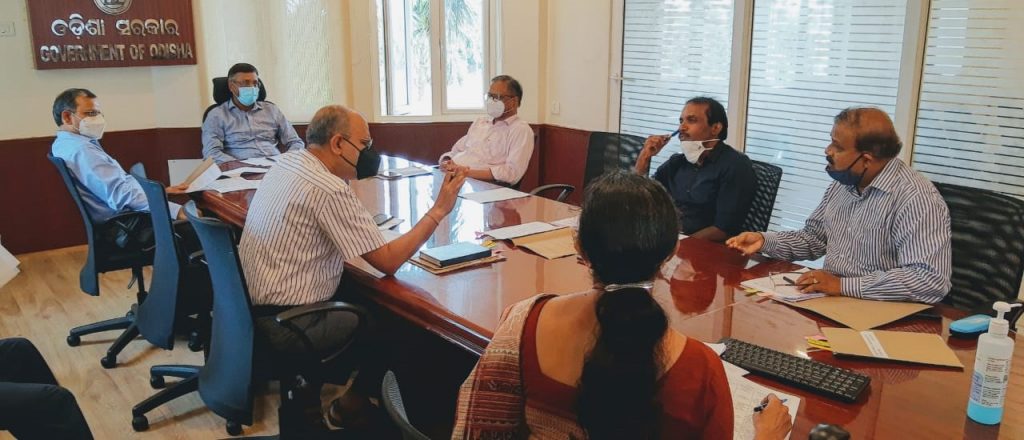Bhubaneswar: The state government has decided to allocate Rs 23,848 crore to Panchyati Raj Institutions (PRIs) and Urban Local Bodies (ULBs) as per the recommendations of Fifth State Finance Commission.
This was finalised at the High Level Monitoring Committee meeting held under the chairmanship of Chief Secretary Asit Tripathy here recently.
Finance Secretary Ashok K Meena, who was present at the meeting, said a total of Rs 23,848 crore would be transferred to these local self-government bodies over a period of six years from 2020-21 to 2025-26.
The PRIs will get around Rs 15,715.60 crore whereas the ULBs will receive an amount of around Rs 8,132.52 crore during this period, he said.
Out of the total, Rs 7,321 crore would be provided under the head of devolution, Rs 9,678 crore under assignment of taxes and Rs 6,849 crore as grant-in-aid.
The funds will be transferred in two tranches. The first installment will be sent during May-June of each financial year while the second installment will be disbursed during October-November of the same year. The second installment would be released only after completion of the 30 per cent of the work taken up under the first tranche, sources said.
Chief Secretary Tripathy has directed the Gram Panchayats (GPs) and ULBs to expedite implementation of projects and maximise outcomes of the expenditure. He directed the ULBs to diversify their revenue base and achieve six per cent increase in annual revenue generation.
Further, he directed the officials to release the funds directly to the GPs, Panchayat Samitis and Zilla Parishads through PRIASOFT integrated with online Integrated Financial Management System (IFMS) system.
The PRIs and ULBs have been asked ensure timely submission of utilisation certificates as per specifications of the Finance department.
Development Commissioner Suresh Chandra Mohapatra directed the self government bodies to take up need based projects having revenue generation potential so as to make them sustainable in the long run.
It was decided in the meeting that the funds would be utilised for the projects like drinking water, water harvesting structures, sanitation, solid waste management, solar power, construction of primary school buildings, maintenance of health sub-centres, roads, culverts, creation of water bodies in urban areas, establishment of water quality testing labs, etc.
